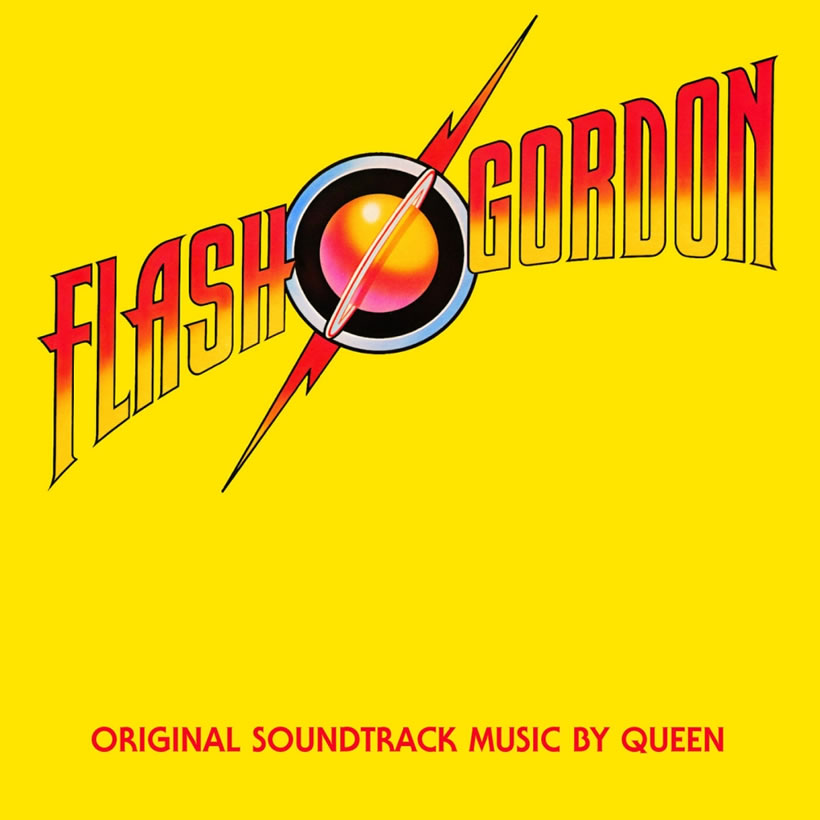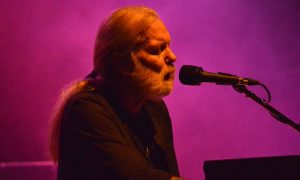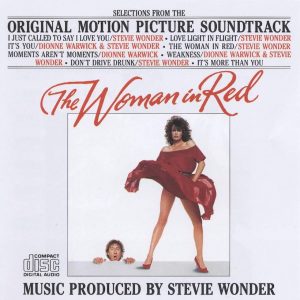Less than six months after The Game emerged, Queen surprised everyone by releasing the original soundtrack music to director Mike Hodges gloriously over-the-top Flash Gordon, a science fiction action film, produced by Dino De Laurentiis, with a screenplay by Lorenzo Semple Jr. The eclectic cast included future James Bond actor, Timothy Dalton, the veteran Max von Sydow, Melody Anderson and Chaim Topol.
Outside of their inner circle, and the higher echelons of their record company, Queen’s work on the “Flash” project was hush-hush, kept under wraps so as not to dilute the impact of the movie’s December 11, 1980 premiere. Like The Game, the recordings took place in two distinct batches.
Queen and producer Reinhold Mack did some work in Munich’s Musicland while finishing work on The Game. It was a mark of their prolific work ethic that neither album compromised the other. Having got their teeth into Flash in early 1980, further recording took place in Town House and Advision Studios in West London, with Brian May handling and helming, while everyone in the band contributed. Now that synthesizers were in their armory, Queen embraced the opportunity to create a fervent mix of rock and progressive electronica, entirely suited to a movie soundtrack.
Mixing dialogue from the movie into the music, May and company set out to match the hyper-reality of the atmospheric action and succeeded brilliantly. This was no casual interim affair for them; in fact, it would mean they postponed releasing a proposed Greatest Hits set for a year. That is how seriously they took it.
Having completed the British leg of this mammoth undertaking with a winter stint they called the Crazy tour – 20 shows in the U.K. and Ireland that culminated in a Boxing Day special at London’s Hammersmith Odeon, which was a part of the ‘Concerts for the People of Kampuchea’, organized by Paul McCartney and UN Secretary-General Kurt Waldheim.
Fusion of Queen rock guitars, lavish synth accompaniment
De Laurentiis’ people made initial contact to ask whether Queen would score the film in late 1979, although the great Italian producer wasn’t actually aware of the band since he never listened to rock music. His first question on learning of the liaison was “Who are the Queens?” Brian recalled been shown a lengthy clip of the finished movie. “We wanted to do something that was a real soundtrack. It’s a first in many ways because a rock group has not done this type of thing before, or else it’s been toned down and they’ve been asked to write mushy background music. Whereas we were given the license to do what we liked, as long as it complimented the picture.”
Following a U.S. tour to support The Game, Queen took an October break and then set about completing the soundtrack by a looming November deadline. One track, “The Hero,” was recorded at Utopia studios in London, just days before the tapes were sent for mastering.
Brian and Mack embraced the fusion of trademark Queen rock guitars and lavish synth accompaniment, and also had no problem integrating additional orchestral arrangements by Howard Blake (The Duellists, S.O.S. Titanic, and The Snowman, to name but a few of his original scores), a London-born composer who was also given a tight schedule. Both Blake and Queen were nominated for a BAFTA Award for their endeavors, though much of Howard’s work never made it to the movie.
The day that Flash Gordon was released (December 8, 1980) coincided with the awful news of John Lennon’s assassination outside his apartment in New York City. The following day during Queen’s concert at London’s Wembley Arena, they paid tribute by playing a version of “Imagine.”
Queen’s hands-on approach
For the Flash Gordon album, Queen maintained a hands-on approach. It was the band’s idea to use snippets of dialogue to give a sense of narrative and structure to the disc and it was Freddie Mercury who used his graphic design skills to provide the distinctive ‘Flash Gordon’ logo. The inner sleeve shows the four members of Queen taken on their U.S. tour, with Freddie sporting a Flash t-shirt.
Brian’s epic opening, “Flash’s Theme,” was released as a single and is one of only two tracks on the album to feature formal vocals, with the guitarist and Mercury working in duet form, while Roger Taylor adds a terrific high harmony. May plays a Bösendorfer Model 290 Imperial, the concert grand piano that has 97 keys and is described as “the Rolls-Royce of pianos”.
The Oberheim OBX synthesizer is the treatment instrument of choice and naturally, Brian’s Red Special electric guitar makes its customary entry. The other straight-ahead vocal song, “The Hero,” didn’t get a single release, which many Queen fans still believe to be a missed chance, since it’s classic Queen, somewhat reminiscent of early grandiose pieces like “Seven Seas Of Rhye;” it’s as strong as anything in their repertoire. Both songs featured in contemporary Queen concerts, and were rapturously received.
A winning combination of macho and kitsch
The rest of Flash Gordon, though largely instrumental (plus certain key dialogue cut-ins) still bears all the hallmarks of Mercury, May, Deacon, and Taylor, enhanced by spectacular synths and visceral effects that stir the emotion and fire the imagination. Brian’s “Flash To The Rescue” is percussively driven, while “Battle Theme,” a fantastic display of guitar rock that builds the tension before Richard Wagner’s “The Wedding March” (or Bridal Theme) is given a splendid electronic re-boot with lush guitar orchestration.
All four members get stuck into Freddie’s “Football Fight,” another winning combo of macho and kitsch that dates to the Musicland sessions. This was also the B-side to “Theme A/K/A Flash,” Mercury’s “Ming’s Theme (In The Court Of Ming The Merciless)” gloriously high camp and he ensures the rockier motif of the second side is maintained during “Vultan’s Theme (Attack Of The Hawk Men).”
Roger and John also show their dexterity with a synth during “In The Space Capsule (The Love Theme)” along with the contrasting “In The Death Cell (Love Theme Reprise)” with Deacon’s all-too-brief “Execution Of Flash” being a further highlight, thanks to Freddie’s ethereal vocals.
The fusion of a lovely Mercury melody and Howard Blake’s score on “Kiss (Aura Resurrects Flash)” – the main piece having been recorded in Munich – is the logical closer on side one just as the May and Blake collaboration on “The Hero” is the ideal coda.
A futuristic score
Returning to this album, almost 40 years on, one is struck by how advanced the whole thing sounds. “Crash Dive On Mingo City” is another epic, while Mercury’s spaced-out synth lines on “The Ring (Hypnotic Seduction Of Dale)” conjure up outer worlds of galactic gloom.
The rhythm section is fully involved, and Taylor immerses himself in the percussive and symphonic scale of the project, one that allows him room to explore the full range of tympani. And trust Deacon to ensure an appropriate sense of calm tranquility falls upon “Arboria (Planet Of The Tree Men).”
Queen followers lapped it up for Christmas and there was BAFTA recognition and an Ivor Novello nomination to add extra kudos to an LP that hit the U.K. Top 10 and went Gold, No. 23 in the US, No.1 in Austria and No.2 in Germany. As Queen toured North America and Europe to support The Game that summer and autumn, excerpts from the soundtrack – “Battle Theme,” “Flash” and “The Hero” – were incorporated into their set.
Queen wouldn’t release another studio album for well over a year, though the all-conquering Greatest Hits filled the gap with an astonishing amount of Platinum. Some critics panned the movie Flash Gordon at the time, although the soundtrack was widely praised. In later years Mike Hodges’ idiosyncratic sci-fi spoof became either a guilty pleasure or a cult favorite, depending on where you’re coming from. But Queen’s album is simply a solidly sustained example of their creative flair. Flash for sure, funny of course, but always on point.




